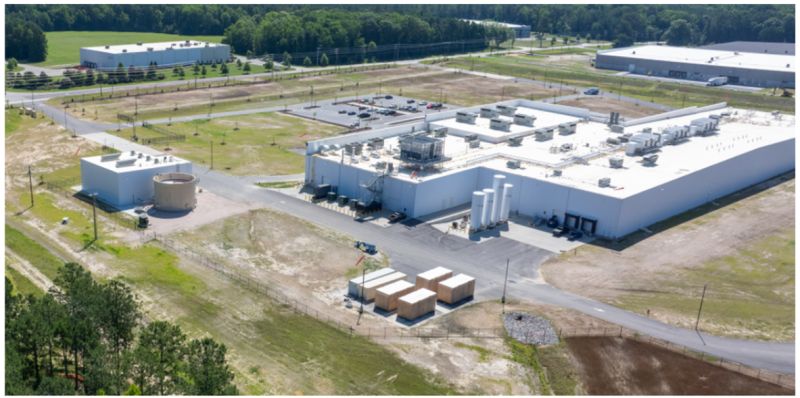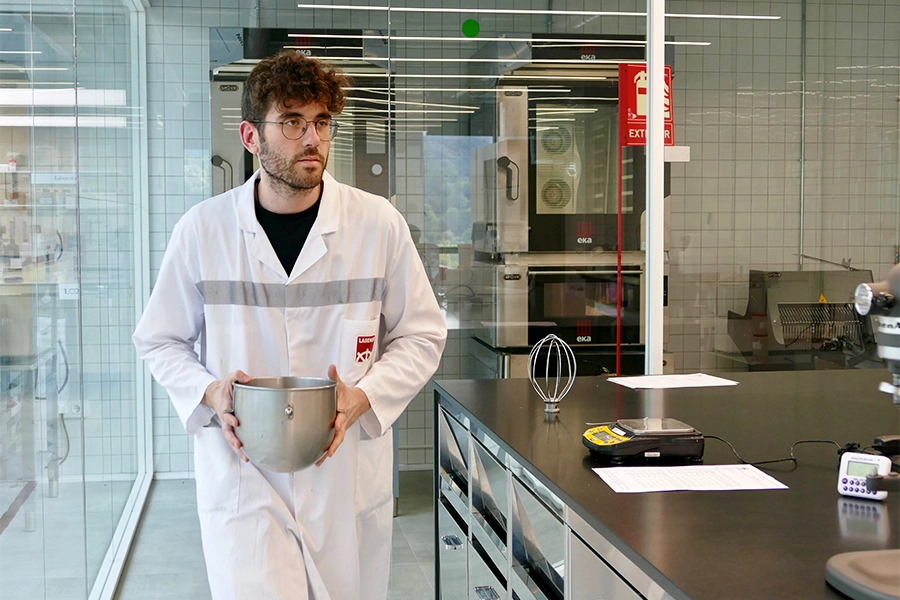

Meat and dairy giants failing to reduce emissions, with increase of +3% ahead of COP28
As global leaders prepare to gather for COP28 in Dubai, new analysis of emissions data from 20 of the largest listed meat and dairy firms shows that disclosed emissions are still rising year-on-year. Livestock is estimated to be responsible for around 14.5% of global greenhouse gas emissions.
The analysis from the US$70 trillion-backed FAIRR investor network shows absolute emissions disclosed by 20 of the world’s largest (by value) meat and dairy producers rose 3.28% between 2022 and 2023. This group includes firms like Hormel Foods (USA) and New Hope Liuhe (China), suppliers to household names such as Walmart and McDonald’s respectively.
Some of the 20 firms saw disclosed emissions fall this year, including Tyson Foods (USA) and Danone (France), but progress was negated by rises from other meat and dairy giants.
The analysis of the 20 firms shows varying levels of climate commitments and disclosure. In total, four of the 20 firms have set net-zero targets approved by the Science-Based Targets initiative (SBTi).
On disclosure, 40% of the 20 companies (eight firms) now publicly report Scope 3 emissions, (i.e. emissions from the supply chain such as those from animal feed production), with US-operating Tyson Foods and WH Group (owners of Smithfield Foods) disclosing all scopes for the first time this year. [Note that Scope 3 emissions are only included in year-on-year comparison figures where they have been disclosed since 2022].
The data comes from the release of the sixth annual Coller FAIRR Protein Producer Index (the Index) which assesses a total of 60 publicly-listed animal protein producers worth a combined US$364 billion (as of 1 March 2023) against ten environmental, social and governance (ESG)-related factors. It is a tool used extensively by FAIRR investor members.
“The failure of leading meat and dairy companies to reduce emissions underlines the urgent need for more policy focus on the food and agriculture sector," stated Jeremy Coller, Chair & Founder of the FAIRR network. "Food system emissions deserve a place at the top of the table, alongside energy and transport, as they represent an estimated third of greenhouse gas emissions and 40% of methane. Investors hope the first-ever publication of a food and agriculture roadmap at COP28 this month will catalyze the transition to 1.5°C and a more sustainable food system. What you can measure, you can manage, so investors will welcome the increased disclosure of Scope 3 emissions by the meat and dairy sector. The FAIRR Protein Producer Index highlights the ESG risks and opportunities in the global food system, enabling investors to engage their portfolio companies in more meaningful conversations, underpinned by data.”
“The agriculture sector is not only essential for food production, it uses around half of the world’s habitable land and, if not carefully managed, can drive deforestation, biodiversity loss and greenhouse gas emissions," added Oshni Arachchi, Head of Active Ownership, Head of Responsible Investment (Sweden), Danske Bank. "A significant portion of those emissions and the majority of deforestation globally comes from the meat and dairy sector and FAIRR’s research underlines the urgency with which the livestock producers should act to transition to more sustainable production. We welcome increasing transparency in the sector, but with time running out to meet the goals of the Paris Agreement we also need to see sector-wide action.”
“It’s encouraging to see more firms disclosing carbon footprints that encompass their entire supply chain – as these critical ‘Scope 3’ emissions account for the large majority of the sector's emissions," stated Thalia Vounaki, Senior Manager Research & Engagements, FAIRR Initiative. "There is a long way to go however, with 60% of the 20 largest meat and dairy firms still not disclosing Scope 3 and three producers offering no emissions disclosure at all. Investors must continue to engage with the sector with a clear message that to manage climate risk they need comprehensive disclosures which include supply chain emissions and full inventories that split which emissions come from feed and which come from animals.”
The Index also highlights examples of good practice in the sector. For example, Danone is among the first companies to set FLAG (Forest, Land and Agriculture) targets aligned with SBTi, and has committed to a 30% reduction in its methane emissions from fresh milk by 2030. This aligns its efforts with the Global Methane Pledge. The company has also developed several cutting-edge initiatives, including projects in herd management, feed fundamentals and manure management.
The full findings of the annual index are published in detail in a separate report available here.
If you have any questions or would like to get in touch with us, please email info@futureofproteinproduction.com






